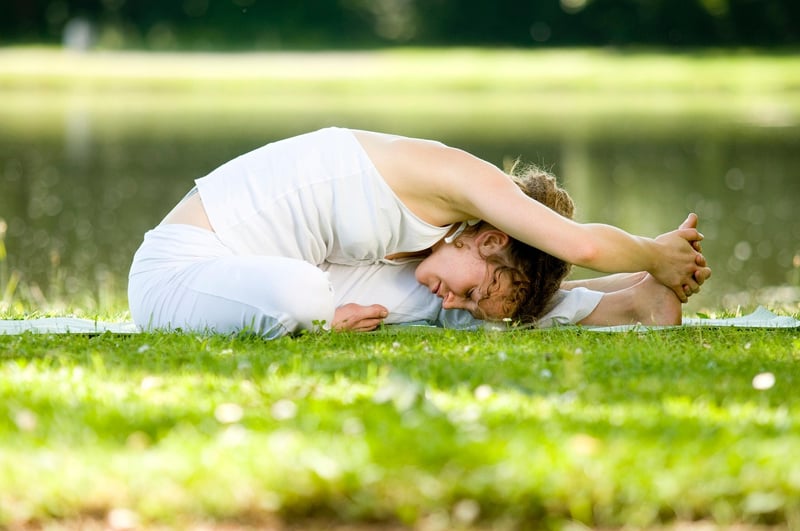Restorative Poses
Yoga Practices for Mindfulness and Restorative Poses
Yoga is not just a physical practice; it is also a powerful tool for cultivating mindfulness and relaxation. Incorporating mindfulness into your yoga practice can help you connect with the present moment, reduce stress, and improve overall well-being. Restorative poses, on the other hand, are designed to relax and rejuvenate the body, making them perfect for winding down and releasing tension.
Mindfulness in Yoga
Mindfulness in yoga involves paying attention to the present moment without judgment. It allows you to fully experience each pose, breath, and sensation as it arises. Here are some tips for incorporating mindfulness into your yoga practice:
- Focus on your breath: Use your breath as an anchor to the present moment. Notice the sensation of each inhale and exhale as you move through your practice.
- Stay present: Avoid letting your mind wander to the past or future. Keep your attention on the sensations in your body and the movements you are making.
- Cultivate awareness: Notice any thoughts or emotions that arise during your practice without getting caught up in them. Simply observe and let them pass.
Restorative Yoga Poses
Restorative yoga poses are passive poses that are held for an extended period, allowing the body to relax deeply. These poses help activate the parasympathetic nervous system, promoting relaxation and stress relief. Here are some restorative poses you can incorporate into your practice:
- Child's Pose (Balasana): Kneel on the floor, touch your big toes together, and sit on your heels. Extend your torso forward, bringing your forehead to the mat and arms extended or resting by your sides.
- Legs Up the Wall (Viparita Karani): Lie on your back with your legs extended up against a wall. Rest your arms by your sides and relax in this inverted pose.
- Corpse Pose (Savasana): Lie flat on your back with your arms by your sides, palms facing up. Close your eyes and focus on relaxing each part of your body.
Benefits of Mindfulness and Restorative Yoga
Practicing mindfulness and restorative yoga offers a wide range of benefits, including:
- Reduced stress and anxiety
- Improved focus and concentration
- Enhanced relaxation and better sleep
- Increased self-awareness and emotional regulation
By incorporating mindfulness practices and restorative poses into your yoga routine, you can enhance your overall well-being and cultivate a deeper sense of peace and relaxation.

Remember, mindfulness and restorative yoga are about taking time for yourself and listening to your body's needs. So, roll out your mat, take a few deep breaths, and immerse yourself in the present moment through these nurturing practices.
